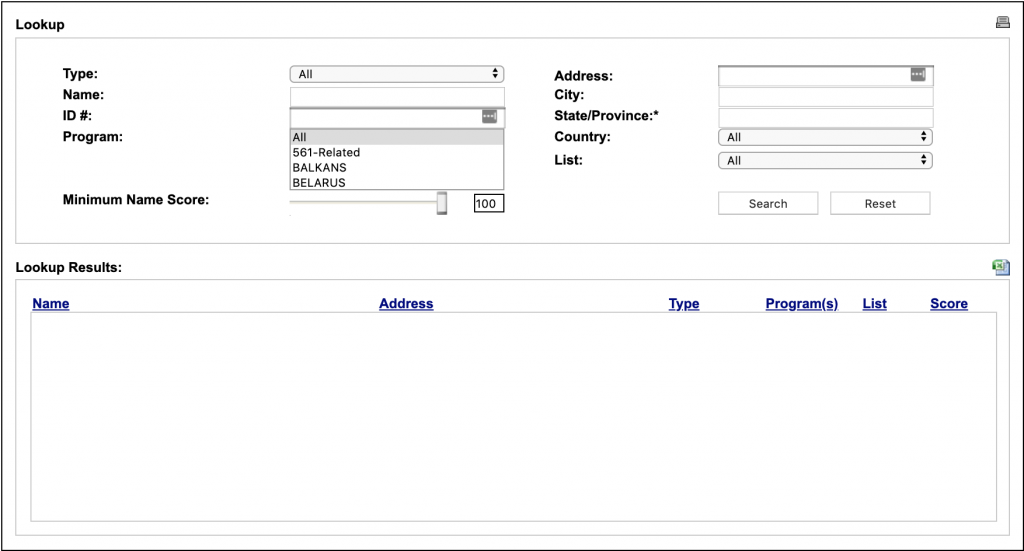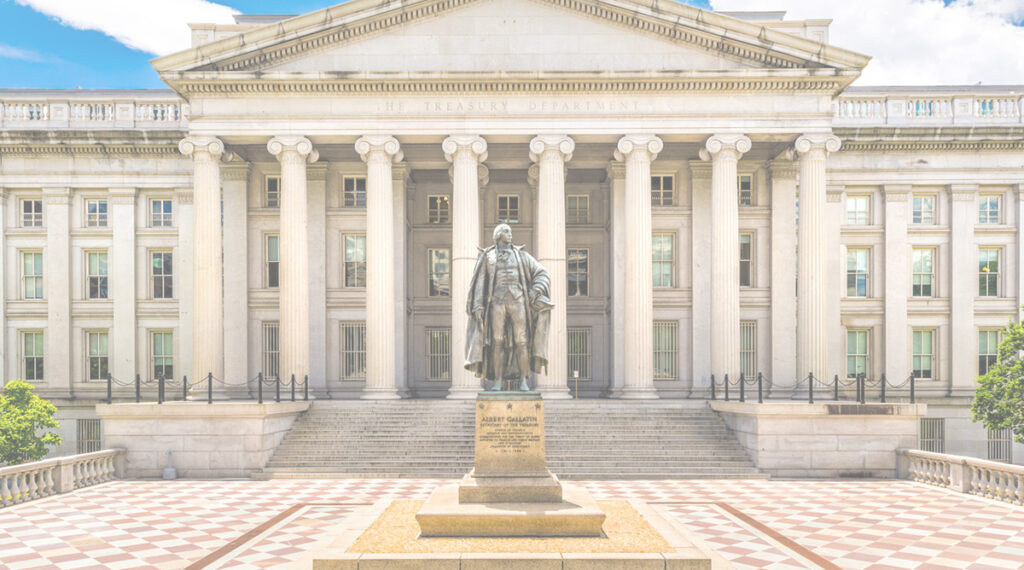Do healthcare organizations really need to search OFAC’s SDN list to stay compliant? Because OFAC is not specific to healthcare compliance, policies for screening against its data vary across organizations.
As OFAC’s lists have grown over time, screening employees, vendors, and third parties against their lists has become more commonplace for U.S. companies as a part of their compliance program/plan. However, because the SDN List is not updated based on a predetermined schedule but instead upon revolving U.S. foreign policies, it can be challenging to know when to search the list to see if names have been added or removed.
In this post, we provide an overview of what OFAC is and why monitoring the SDN List is important for healthcare organizations to stay compliant.
What is OFAC?
The Office of Foreign Assets Control (OFAC) of the U.S. Department of the Treasury administers and enforces economic and trade sanctions based on US foreign policy and national security goals against targeted foreign countries and regimes, terrorists, international narcotics traffickers, those engaged in activities related to the proliferation of weapons of mass destruction, and other threats to the national security, foreign policy or economy of the United States.
Who is subject to OFAC compliance?
OFAC Sanction Lists
OFAC publishes the Specially Designated Nationals and Blocked Persons List (SDN) and the Consolidated Sanctions List, as well as other sanction lists (Foreign Sanctions Evaders List, the List of Persons Identified as Blocked Solely Pursuant to E.O. 13599, the Non-SDN Iran Sanctions Act List, and more).
OFAC administers a number of different sanctions programs. The sanctions can be either comprehensive or selective, using the blocking of assets and trade restrictions to accomplish foreign policy and national security goals. To find the full list of OFAC sanctions programs, visit their database for specific references.
Specially Designated Nationals And Blocked Persons (SDN) List
The Specially Designated Nationals And Blocked Persons (SDN) List is a list of individuals and companies owned or controlled by, or acting for or on behalf of, targeted countries. It also lists individuals, groups, and entities, such as terrorists and narcotics traffickers designated under programs that are not country-specific. Collectively, such individuals and companies are called “Specially Designated Nationals” or “SDNs.” Their assets are blocked and U.S. persons are generally prohibited from dealing with them.
Differences Between the SDN List and the Commerce Department's List of Denied Parties
Specially Designated Nationals and Blocked Persons (SDNs) are individuals and entities located throughout the world that are blocked pursuant to the various sanctions programs administered by OFAC.
SDNs can be front companies, parastatal entities, or individuals determined to be owned or controlled by, or acting for or on behalf of, targeted countries or groups. They also can be specially identified individuals such as terrorists or narcotics traffickers. U.S. persons are prohibited from engaging in any transactions with SDNs and must block any property in their possession or under their control in which an SDN has an interest. SDNs are designated primarily under the statutory authority of the Trading With the Enemy Act, the International Emergency Economic Powers Act, the Anti-Terrorism and Effective Death Penalty Act and the Foreign Narcotics Kingpin Designation Act. Implementing regulations can be found in Chapter V, Title 31 of the U.S. Code of Federal Regulations.
Why Healthcare Organizations Should Screen the SDN List
Historically, financial institutions have been a large focus for OFAC oversight, however recent trends in enforcement actions have included several small and medium-sized healthcare companies have been facing OFAC investigations and penalties since the beginning of 2016, including United Medical Instruments Inc. ($515,400), World Class Technology Corporation ($43,200) and HyperBranch Medical Technology, Inc. ($107,691).
Healthcare organizations must be diligent to supply the highest quality of service and care and practice compliance standards in accordance with OFAC regulations. Currently, the Department of Health and Human Services (HHS) does not require screening of OFAC sanctions lists. However, healthcare organizations can still be susceptible to fines and penalties for transactions from Medicare and Medicaid services.
It’s important for healthcare companies to effectively screen providers, suppliers, contractors, vendors and owners, FDRs, and more who could be affected by OFAC enforcement.
How often should you search the OFAC Sanction Lists?
A critical aspect of the designation of an SDN is that the SDN’s assets must be frozen immediately before they can be removed from U.S. jurisdiction. If a firm only scrubs its database quarterly, it could be 3 months too late in freezing targeted assets.
The OFAC SDN list may be updated as frequently as a few times a week or as rarely as once in six months. To conduct and manage a routine ongoing exclusion screening process, we recommend bundling OFAC SDN screening with your other compliance screening services.
How to Search OFAC Sanction Lists
You can search for OFAC Sanctions Lists by visiting the Sanctions List Search page and inputting lookup information. You can also download the SDN and Consolidated Non-SDN List from the site.
If your organization decides to incorporate OFAC screening, we recommend you add that source onto your existing ongoing monitoring program.









